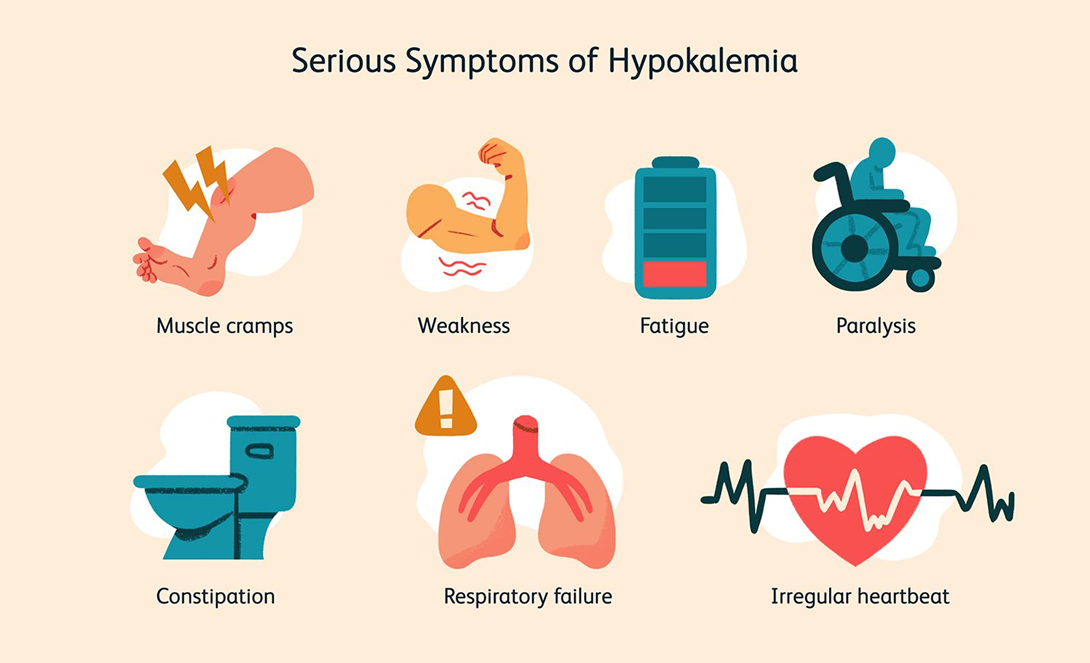Which information will the nurse consider when deciding what nursing actions to delegate to a licensed practical/vocational nurse (LPN/VN) who is working on a medical-surgical unit?
RN’s workload
Skill and experience of the LPN/VN
Agency policies
Stability of the patients
LPN/VN teaching abilities
Correct Answer : B,D
Choice A: RN’s workload
While the RN’s workload can influence the decision to delegate tasks, it is not the primary factor. The RN must ensure that the tasks delegated are within the LPN/VN’s scope of practice and that patient safety is not compromised. The workload of the RN is a consideration but not a determining factor.
Choice B: Skill and experience of the LPN/VN
This is a correct answer. The skill and experience of the LPN/VN are crucial in determining what tasks can be safely delegated. An LPN/VN with more experience and higher skill levels can handle more complex tasks. The RN must assess the competency of the LPN/VN to ensure that they can perform the delegated tasks safely and effectively.
Choice C: Agency policies
Agency policies are important as they provide guidelines on what tasks can be delegated and to whom. However, they are not the sole factor in the decision-making process. The RN must also consider the specific circumstances of the patient and the competencies of the LPN/VN.
Choice D: Stability of the patients
This is another correct answer. The stability of the patients is a critical factor in delegation decisions. Stable patients with predictable outcomes are more suitable for care by an LPN/VN. Unstable patients or those with complex needs require the higher level of assessment and intervention that an RN provides.
Choice E: LPN/VN teaching abilities
While teaching abilities are important, they are not the primary consideration for delegation. The focus is on the LPN/VN’s ability to perform the delegated tasks safely and effectively. Teaching abilities may come into play in specific situations but are not a determining factor in most delegation decisions.
Nursing Test Bank
Naxlex Comprehensive Predictor Exams
Related Questions
Correct Answer is A
Explanation
Choice A: Infuse the KCl at a maximum rate of 10 mEq/hr
This is the correct answer. The recommended infusion rate for potassium chloride is generally not to exceed 10 mEq per hour to avoid complications such as hyperkalemia and cardiac arrhythmias. This rate ensures that the potassium is administered safely and effectively, allowing for proper monitoring and adjustment if necessary.
Choice B: Discontinue cardiac monitoring during the infusion
This choice is incorrect. Cardiac monitoring is essential during the infusion of potassium chloride, especially in patients with severe hypokalemia, due to the risk of arrhythmias and other cardiac complications. Continuous monitoring allows for the early detection of any adverse effects and timely intervention.
Choice C: Administer the KCl as a rapid IV bolus
Administering potassium chloride as a rapid IV bolus is dangerous and contraindicated. Rapid infusion can lead to severe hyperkalemia, which can cause fatal cardiac arrhythmias. Potassium chloride should always be administered slowly and diluted in an appropriate volume of fluid.
Choice D: Refuse to give the KCl through a peripheral venous line
While central lines are preferred for higher concentrations of potassium chloride due to the risk of irritation and phlebitis, peripheral lines can be used for lower concentrations and slower infusion rates. Refusing to administer potassium chloride through a peripheral line is not necessary if the infusion is properly managed and monitored.

Correct Answer is A
Explanation
Choice A: True
Neutropenia, characterized by a low count of neutrophils (a type of white blood cell), significantly increases a patient’s risk for life-threatening infections and sepsis. Neutrophils play a crucial role in the immune system by fighting off infections. When their levels are low, the body becomes more susceptible to infections, which can quickly escalate to sepsis if not promptly treated. Neutropenic sepsis is a severe and potentially fatal condition that requires immediate medical intervention. Patients undergoing treatments like chemotherapy are particularly at risk due to their compromised immune systems.
Choice B: False
The statement that neutropenia does not increase the risk for life-threatening infection and sepsis is incorrect. Neutropenia is well-documented as a major risk factor for severe infections and sepsis. Without adequate neutrophils, the body’s ability to combat pathogens is severely impaired, leading to a higher likelihood of infections that can become systemic and life-threatening. Therefore, it is critical to monitor and manage neutropenic patients closely to prevent and treat infections promptly.
Whether you are a student looking to ace your exams or a practicing nurse seeking to enhance your expertise , our nursing education contents will empower you with the confidence and competence to make a difference in the lives of patients and become a respected leader in the healthcare field.
Visit Naxlex, invest in your future and unlock endless possibilities with our unparalleled nursing education contents today
Report Wrong Answer on the Current Question
Do you disagree with the answer? If yes, what is your expected answer? Explain.
Kindly be descriptive with the issue you are facing.
